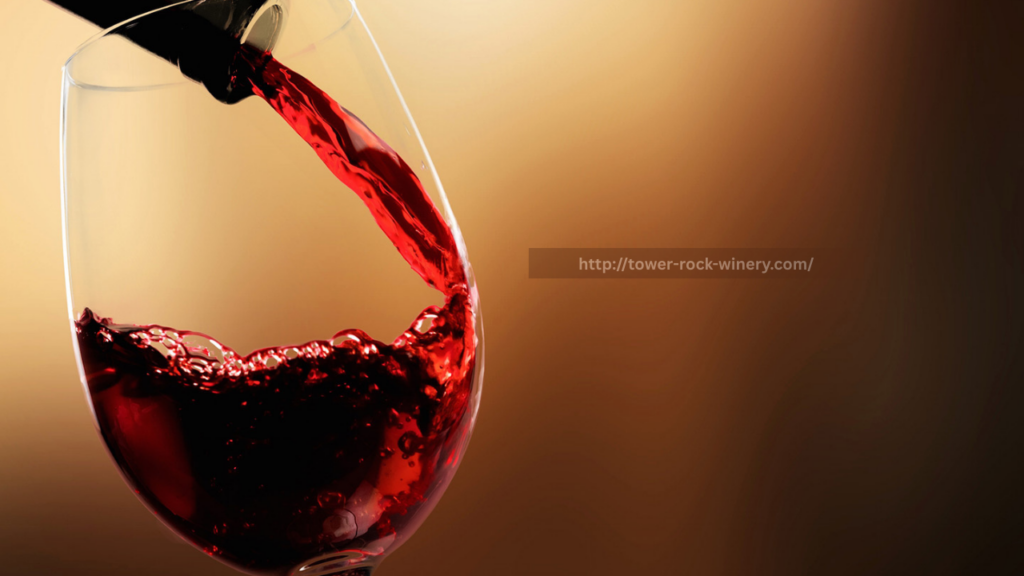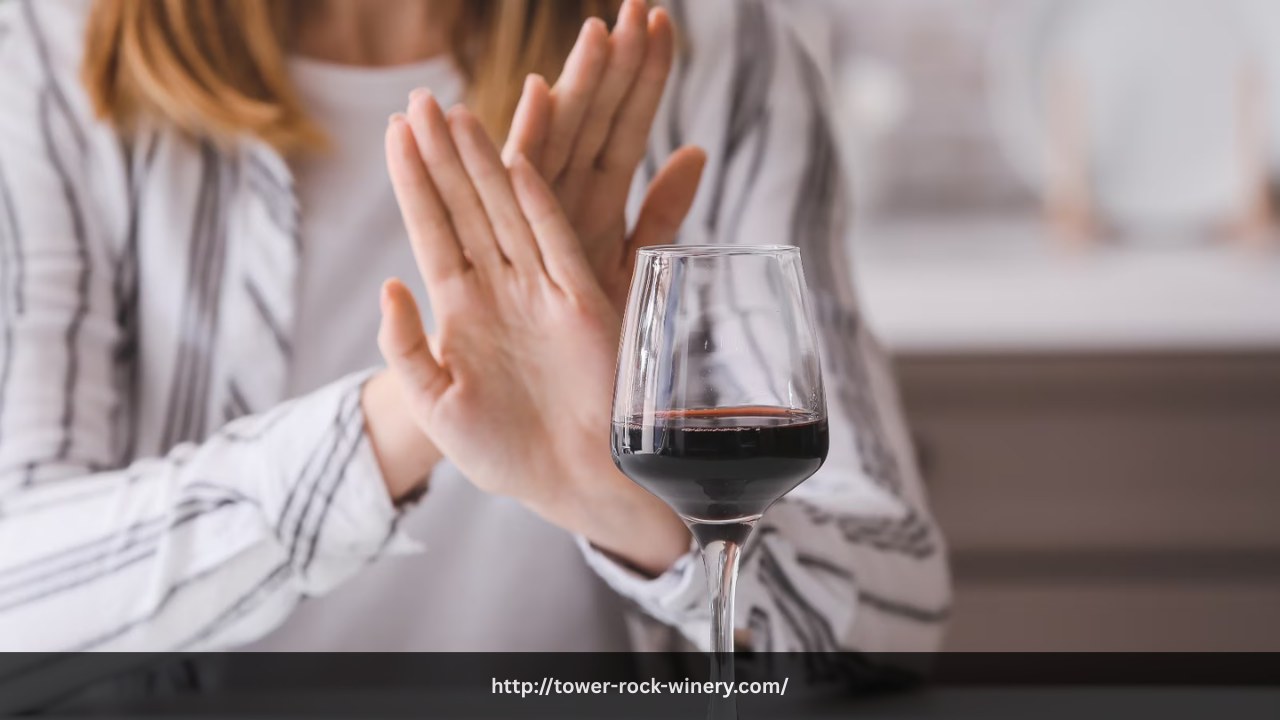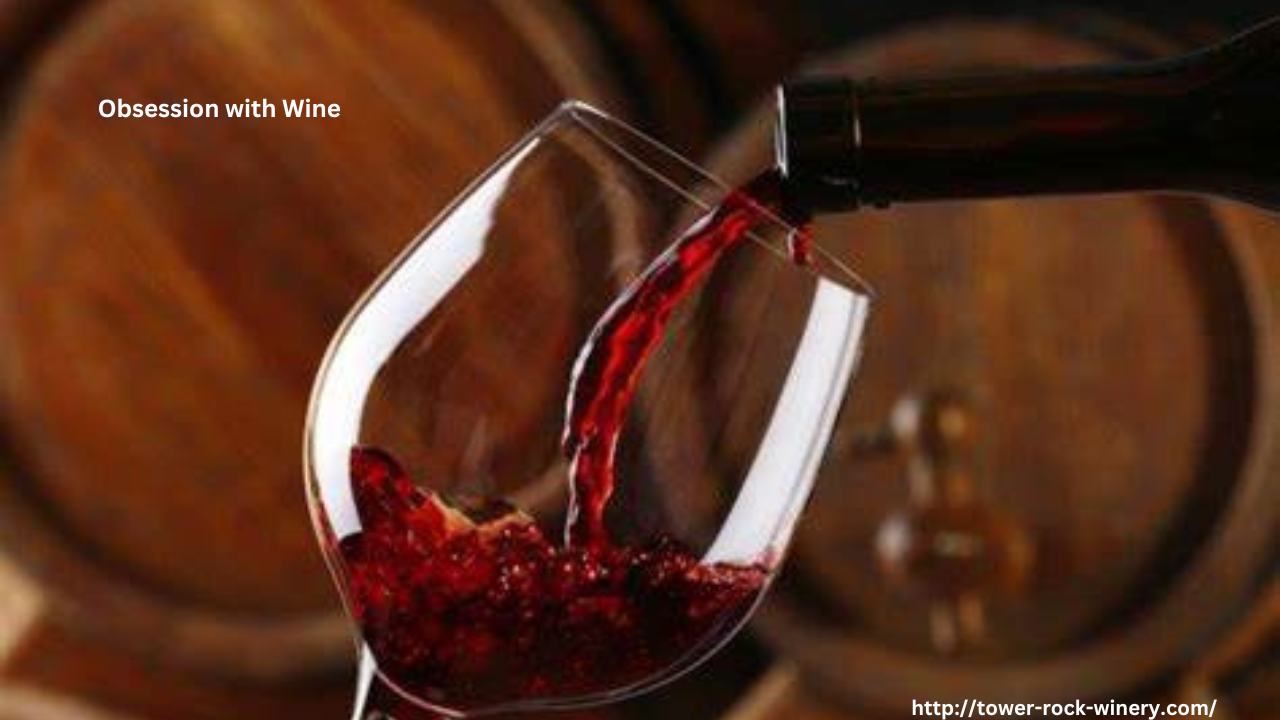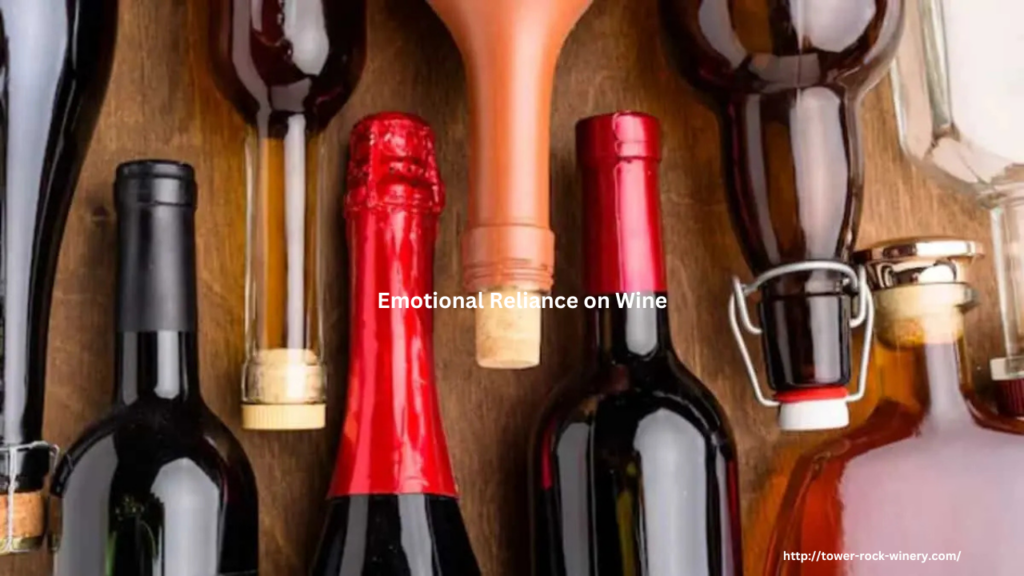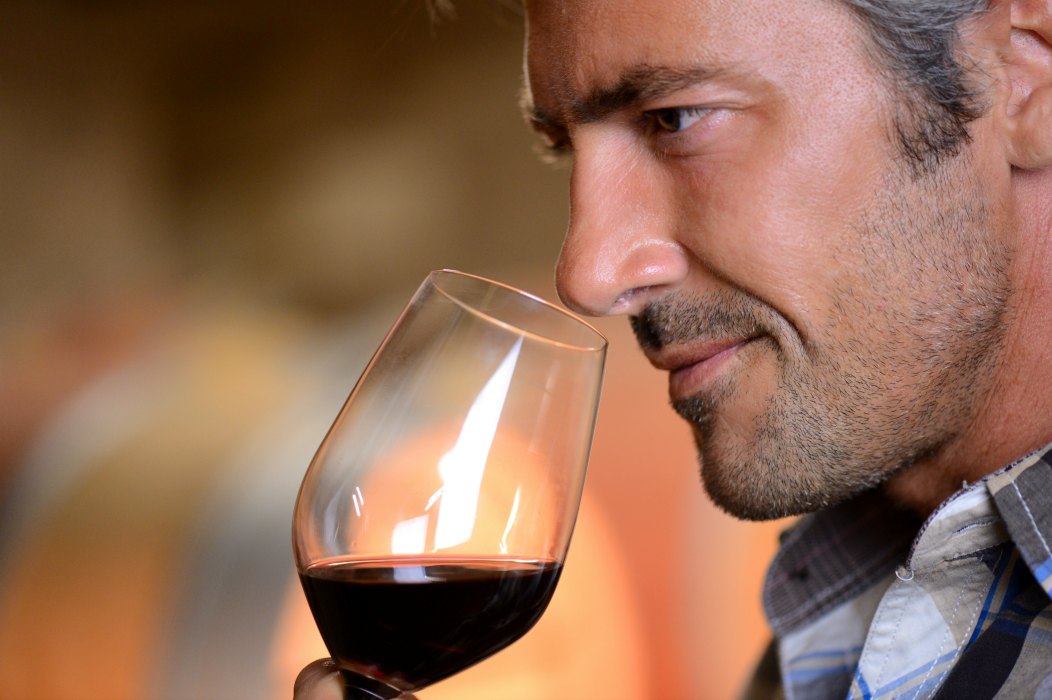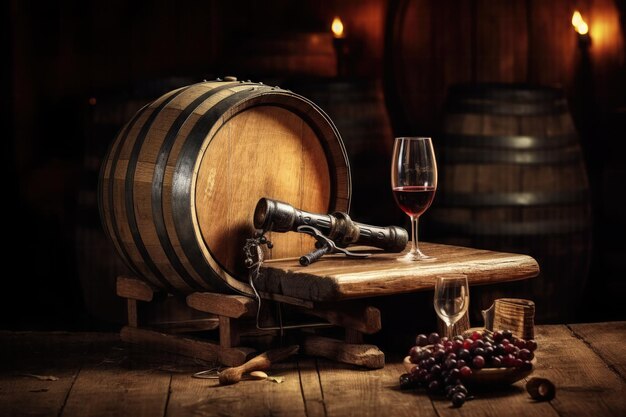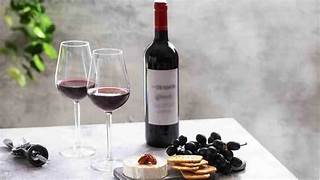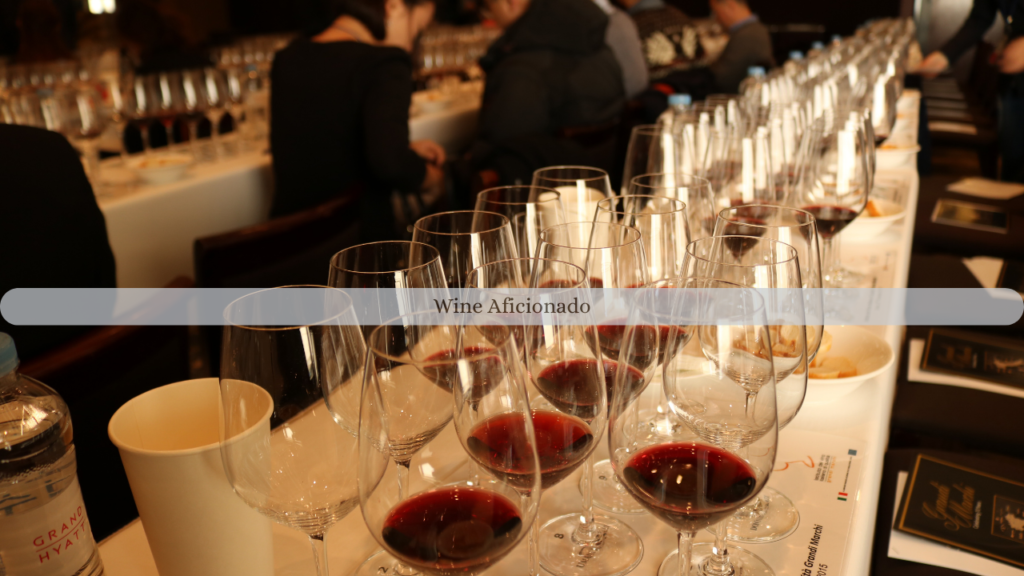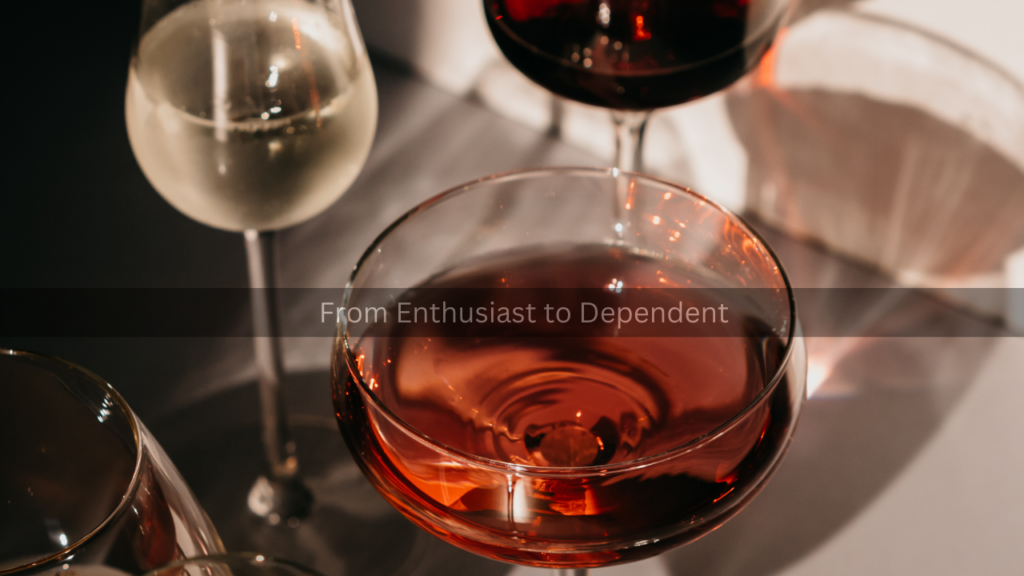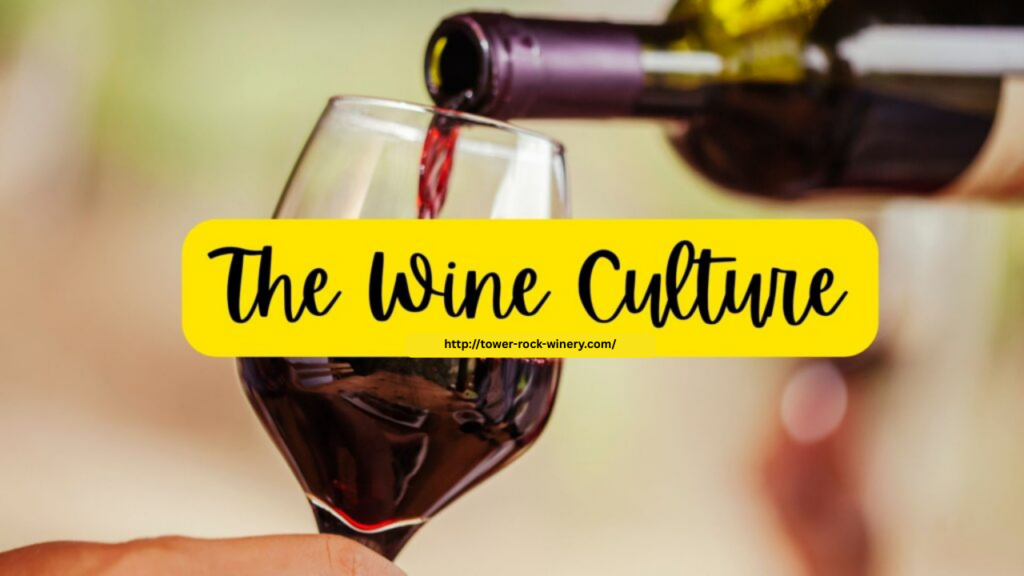
Wine culture has long been associated with refinement, education, and indulgence in the finer things in life. From meticulously curated collections to international tasting events, wine enthusiasts immerse themselves in a world that values aroma, history, and terroir. But for some, what begins as a genuine appreciation can quietly evolve into a hidden dependency. The line between passion and addiction is thinner than many realize—and it’s often crossed without notice.
Wine connoisseurs are typically viewed as knowledgeable and discerning. They don’t “drink”—they “taste.” Their interest lies in varietals, vintages, and the delicate interplay of flavor and aroma. But the ritual of wine tasting, especially when performed regularly, can become a socially acceptable mask for growing reliance. Unlike the stereotypical signs of alcoholism, this form of dependency doesn’t look reckless or chaotic—it looks polished, respectable, and intentional.
This illusion is part of the danger.
When wine is integrated into daily routines—used to unwind, accompany every meal, or cope with stress—it may be a sign that the relationship has shifted. While there’s nothing inherently wrong with enjoying wine, problems arise when consumption becomes habitual, unconscious, or emotionally necessary. Dependency doesn’t always scream; sometimes it whispers through routines that feel sophisticated on the surface but serve a deeper psychological need.
The wine world, too, can reinforce the blur between passion and excess. Tasting events, wine clubs, and pairings can normalize frequent consumption. The social acceptance around wine—especially within upscale or educated circles—can make it harder to recognize problematic patterns. It’s easy to justify a second or third glass in the name of exploration or celebration. But frequent repetition often leads to normalization, and eventually, to dependence.
Moreover, many who develop a reliance on wine feel shame or denial because their drinking doesn’t fit the stereotype of addiction. They don’t drink out of paper bags or black out in bars. They sip thoughtfully from stemmed glasses, surrounded by culture and conversation. Yet addiction is not defined by setting or presentation—it’s about compulsion, consequence, and control.
Acknowledging the potential for dependency doesn’t mean vilifying wine culture. It simply means being honest about the risks. Passion for wine can still thrive within the bounds of mindfulness and moderation. But it requires self-awareness and the willingness to ask tough questions: Do I need this to relax? Am I drinking out of habit, not enjoyment? Is wine still a choice—or is it a crutch?
If the answers are uncomfortable, it may be time to re-evaluate your relationship with wine. Seeking help is not a sign of weakness, but of strength. There are supportive communities and professionals who understand the unique ways addiction can manifest—even within elegant traditions.
In the end, true appreciation means knowing when to stop. Vintages should be enjoyed, not relied upon. By recognizing the signs early, wine lovers can protect their passion—and themselves—from quietly slipping into vice.
